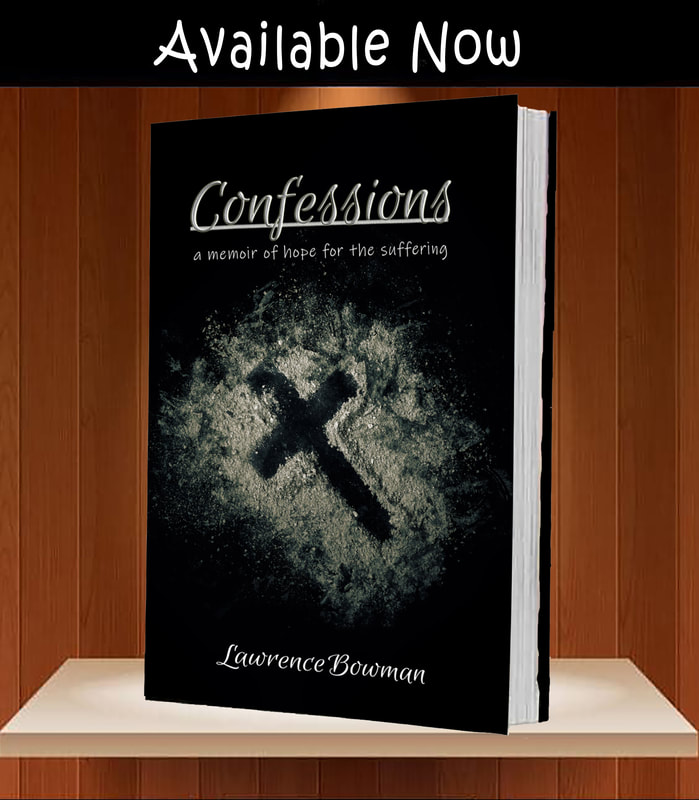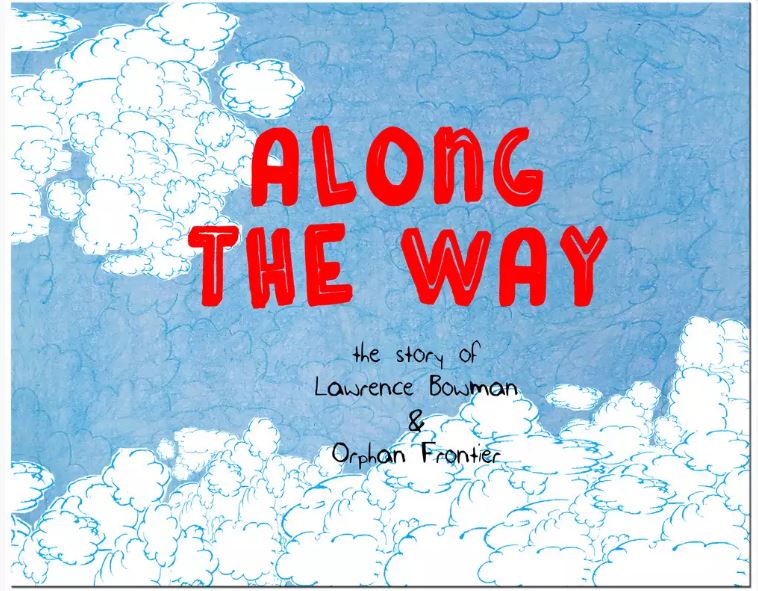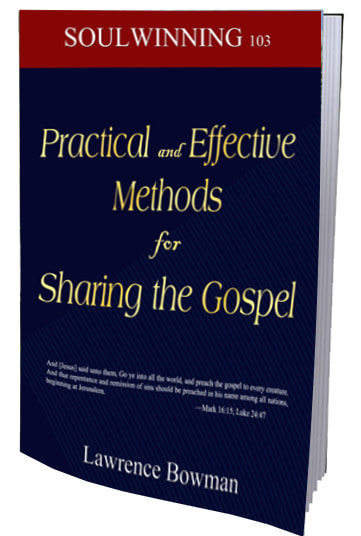
Slander is a serious matter that can have long-lasting consequences. Whether it's a malicious rumor or a deliberate attempt to harm your character, slander can damage your personal and professional relationships, as well as your overall sense of well-being.
I can personally relate to the deep pang of slander. In 2016, I found myself in a harrowing situation when four leaders from a local organization, which I was a member, took it upon themselves to smear my name worldwide. While I had occasional limited dealings with two of them, the other two had been my friends for several years. They had heard hearsay about a personal matter pertaining to a struggle that I’ve dealt with for years. One spring afternoon, I received a phone call requesting me to join three of them in a private meeting. What started as a meeting of concerned friends soon transformed into more of an interrogation session than a discussion on what was best for the situation. Despite my honesty and humility, two of them responded with sharp words that pierced my heart, unable to accept my answers. Nonetheless, I had great peace that I had done the right thing by being truthful and transparent. The meeting ended in an awkward manner. They thanked me for my time. One ended by saying, “Lawrence I’m available by just a phone call away if you need anything.” And another remained silent, with a troubled expression that suggested he had been part of something objectionable. I said my goodbyes and never saw them again.
After several months had passed and summer began, I flew to Ohio to collaborate with other organizations for a State-wide conference that my ministry was preparing to host to combat Human Sex Trafficking. Out of nowhere I began to receive phone calls from friends in leadership roles who oversee fantastic ministries. They all had one thing in common. They had received a phone call with the conversation being slanderous about me. Of course they had questions, and with much embarrassment, I openly answered them.
The situation also helped me to distinguish my true friends from those who proved not to be. It was painful to discover that one friend in Mexico, whom I used to assist, didn't even bother to give me a call. Instead, he sent me a hurtful text message, stating that I should NEVER contact him or anyone from his ministry again. It was shocking to receive such bitter words. However, the smear campaign also brought me closer to a few individuals who genuinely cared about me. They were upset and reached out to me with sincere concern. They made inquiries without being critical and prayed with me over the phone. They even offered to help in any way they could to strengthen me.
About a month later, I started receiving phone calls and messages via social media from acquaintances who I had met during my travels for ministry around the United States. I was stunned to hear that my struggles were being spread around without my consent. It made me angry to know that individuals who had no business of knowing about my issues were finding out through the grapevine. In response, I turned to prayer and PRAYED A LOT. As more people inquired, I saw it as an opportunity to remind them that every single one of us has some form of struggle; none of us is God. We have God that we might seek Him because all of us are weak and in need of His grace.
After months of dealing with the humiliating phone calls, I was completely drained in every sense of the word. The experience of being smeared was extremely painful, and I felt betrayed and deeply hurt. It was overwhelming to cope with people's criticisms, negative comments, and judgment, but what hurt the most was losing some of my friends. I was shattered on the inside, and I hit a new low point in my life. I felt emotionally numb, and I even contemplated suicide.
I am forever grateful to God that He saw me through and I didn't give in to suicidal thoughts. As I slowly started to feel emotions again, I found myself struggling with feelings of anger towards the men who had smeared my name. This anger deeply bothered me because I didn't want to be consumed by bitterness and resentment. I realized that anger is destructive, and it would only harm me in the long run, and these four men would never know the pain they caused me as they easily moved on with their lives.
It really was a struggle because I couldn’t remove the anger out of my heart. And I began having vengeful thoughts that I knew were wrong and I didn’t want to entertain them. It was a difficult process, as I found it hard to shake off the vengeful bitterness in my heart. I turned to prayer and pleaded with God to help me let go of anger and forgive those who had hurt me. And God heard my prayers!
One morning, during my usual quiet time with God, I was reading the Holy Bible when a particular passage caught my attention. It led me to Psalm 141, where a specific verse resonated with me deeply. As I read verse 5, I knew God was giving me the answer on how to deal with slander.
Psalm 141:5 says: “Let the righteous smite me; it shall be a kindness: and let him reprove me; it shall be an excellent oil, which shall not break my head: for yet my prayer also shall be in their calamities.”
How should you and I deal with those who slander us? What can we do if we’ve been a victim of slander? This scripture offers invaluable wisdom on how to respond if you have been the victim of slander. It provides guidance on both internal and external responses, revealing a powerful strategy for dealing with those who have spread gossip about you. Moreover, it offers comfort and direction on what you should do during this difficult time."
This verse is rich with meaning and could be the subject of an entire book. However, here are some quick principles to consider:
The Bible says: “Let the righteous smite me; it shall be a kindness…” God exemplified before us how to conduct ourselves in times of suffering. Christ, who took up human flesh and did not sin, allowed Himself to be smitten. He is our example, and we should follow His footsteps. The “righteous” are all the people we hold dear: Christians, family member, friends, co-workers, etc. God instructs us to turn the other cheek and allow ourselves to be smitten. To “smite” means to strike, afflict or attack physically or mentally, causing sudden pang. When someone slanders us, they are smiting us; they are inflicting harm upon us both mentally and tangibly. In other words, God is cautioning that if we find ourselves being slandered, we should not be caught off guard; we should allow it to occur and endure its pang. But why would we choose to do this? Because “it shall be a kindness.” In other words, God will turn their evil around for His glory and our favor. In the midst of pang, we can learn important lessons such as compassion and develop a wise temperament that can open future opportunities for God’s favor and goodness. Kindness is a valuable disposition that can attract favor and blessing.
The verse continues: “let him reprove me; it shall be an excellent oil, which shall not break my head…” God repeats that we are to allow someone to continue in their disapproval against us. To “reprove” means to criticize, to disapprove of strongly, censure or refute. If we patiently endure the hardship, God promises that all the turmoil in His hands shall be used as “excellent oil.” His oil is not like the temporary relief the world offers, but rather a lasting solution that promotes healing, strengthening, teaching and training toward a promotion of excellence. And if you might be wondering if this approach is safe, God assures us, “which shall not break my head,” as if to affirm, “yes” your capacity to lead, perceive, discern and direct will not be broken. Embracing and enduring slander is an opportunity for growth and excellence which can actually help us become better leaders in ministry, at home, work, and around the community.
The scripture ends with an important message: "for yet my prayer also shall be in their calamities." It's important to note that God expects us to pray for those who have wronged us. When we seek Him in prayer for our offenders, not just for ourselves, the Lord will stand with us and strengthen us in our difficulties. Prayer does not so much change things around us as it can transform us in difficult situations. It is not only the offender who needs God’s help, we too need His help to overcome anger or desire for revenge. Instead, God desires our hearts to be filled with compassion. As the Lord says, "Vengeance is mine." God will handle our offenders in His own way and time. Therefore, we should focus on praying and aligning our hearts with God's perspective, so that if judgment does come upon our offenders, we will not rejoice in their difficulties. Instead, we will serve them in their times of need through intercessory prayer.
These valuable principles took me some time to grasp and put into practice in my life. It’s regrettable that none of the three men who had such significant leadership roles and influenced many lives are still serving in those positions. However, I have had to humble myself and apply these principles, and they have helped me tremendously. I have countless hours in prayer for these men, beseeching God to show them mercy. As followers of Christ, we should all desire mercy rather than judgment, kindness instead of vengeance. By doing so, we can open ourselves up to God’s blessings and favor in our lives.






































